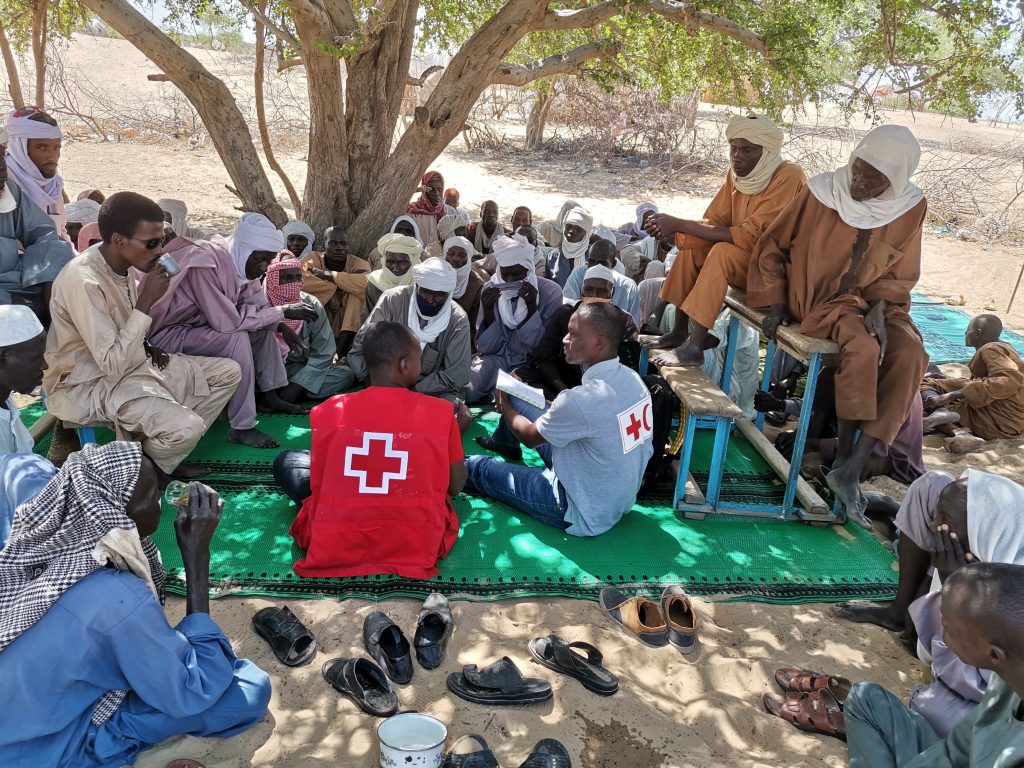17 June 2021

In 2020, escalating violence in Burkina Faso, Mali and Niger forced hundreds of thousands of people to flee their homes in search of safer locations or to neighbouring countries. Civilians are first to suffer from insecurity.
“Our priority is to assist internally displaced people and returnees by providing them with safe and dignified shelter,” explains Joëlle Gustin, who is responsible for Mali and Burkina Faso at the Luxembourg Red Cross. “We help schools by building classrooms and latrines. We train teachers to detect psycho-social disorders in young children: the recent violence has caused a lot of trauma throughout the Sahel region.”
“In addition to those fleeing the violence, we are helping the most vulnerable people among the host populations, who are sometimes themselves in an extremely precarious situation,” continues Alexander Jacoby, head of Niger. His teams built a total of 3,300 shelters in the country in 2020, providing shelter to more than 1,600 civilians fleeing insecurity or affected by floods. The Red Cross activities in the Sahel are supported by the Luxembourg Ministry of Foreign and European Affairs and the European Union.
“The Sahel is clearly at the heart of our strategy,” says Rémi Fabbri, director of International Aid at the Luxembourg Red Cross. “We have increased our activities in the region because the needs are enormous and growing by the day. In Burkina Faso in particular, the spill over of the Sahel conflict is causing more and more victims. The number of internally displaced persons doubled in 2020, reaching more than one million.
The challenges are manifold: the intensification of fighting is hampering access to essential services, including health care, throughout the region. Insecurity is taking its toll on already fragile economies. The emergence of the Covid-19 epidemic has posed a new risk to the population.
In total, the Luxembourg Red Cross is running around 30 humanitarian projects in the Sahel. The latest one, supported by the European Union, is cross-border. It consists of assisting civilians fleeing insecurity along the Sahel’s migration routes. “It’s a challenge to help these people who are fleeing across the desert, where the borders are porous. But it was important for us not to forget them,” adds Alexandre Jacoby.